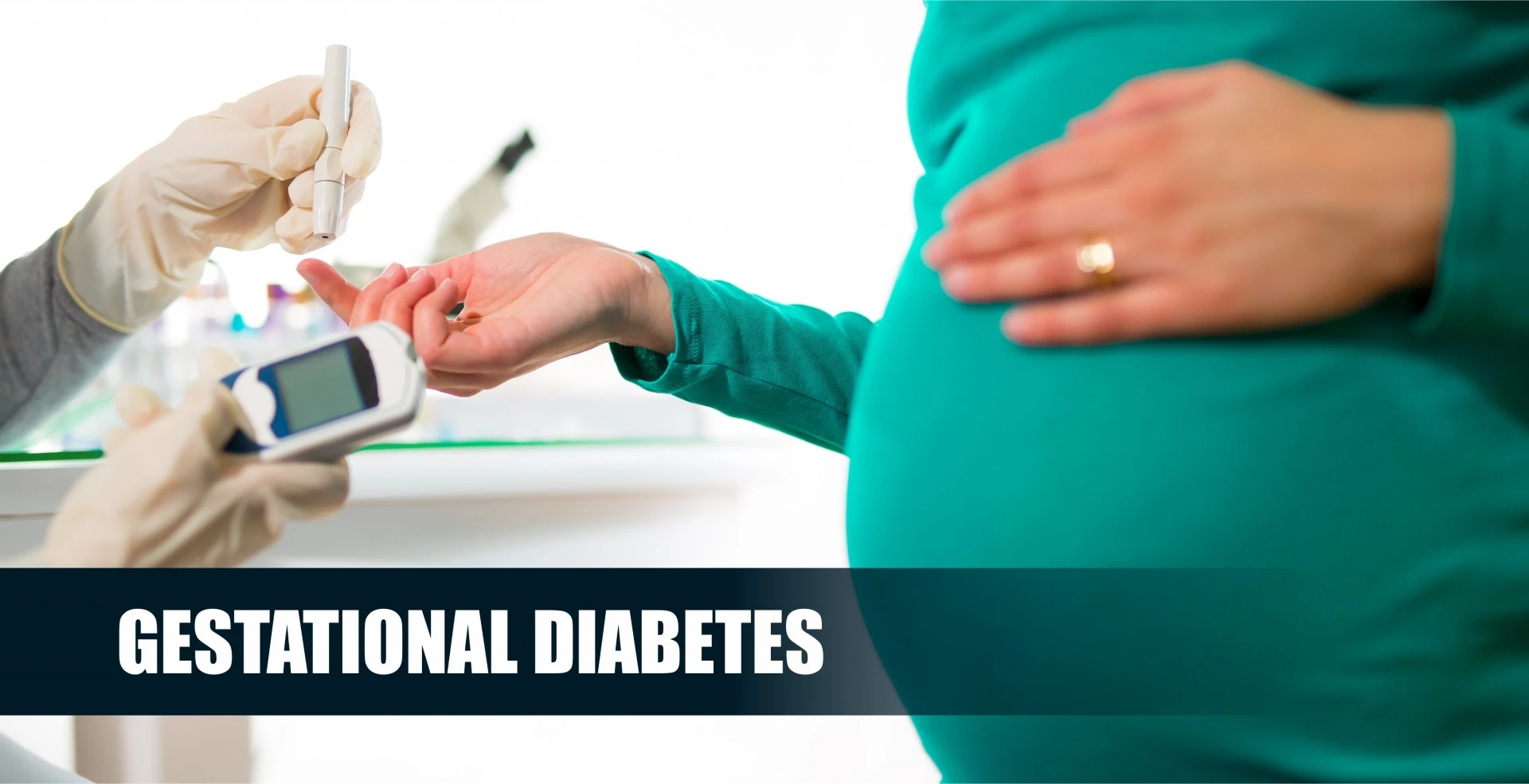Gestational Diabetes All you need to know
Women face several perplexing conditions during pregnancy and gestational diabetes is one of them. It is basically a temporary form of diabetes that occurs only in pregnant women and usually goes away after giving birth. This is the condition in which the body doesn’t produce enough insulin to regulate blood sugar during pregnancy. Gestational Diabetes, also known as glucose intolerance or carbohydrate intolerance, can occur at any stage of pregnancy, but it is more common in the second half. All expectant mothers will be tested for gestational diabetes at some point in their pregnancy so as to provide immediate medication, if required.
What Causes Gestational Diabetes?
The exact cause of gestational diabetes is still not clear; however, researchers believe that this condition occurs due to the generation of different hormones in the body. During pregnancy, the placenta that connects the baby to mother’s blood supply produces several hormones and all of them impair the action of insulin, thus increasing the blood sugar level. As the baby grows, the placenta produces more and more insulin-counteracting hormones and thus gestational diabetes is more common in the second half of the pregnancy period.
Signs and Symptoms of Gestational Diabetes
Gestational Diabetes has typically no signs and symptoms and therefore, your doctor has to screen you for it midway through the pregnancy. However, some women notice subtle signs and these are similar to other forms of diabetes. These are:
- Sugar in Urine
- Being tired
- Feeling thirsty
- Having a dry mouth
- Fatigue
- Frequent urination
- Blurred vision
- Nausea
- Frequent skin, bladder and vaginal infection
It is advised to consult a doctor whether you notice these symptoms or not so as to get necessary treatment.
Who’s at High Risk of Gestational Diabetes?
All pregnant women can develop gestational diabetes but you’re at the high risk if:
- You previously had a baby who weighs 4.5 kg or more at the time of birth
- Any of your family members has diabetes
- Your family origins are Middle Eastern, Chinese, South Asian, and African-Caribbean
- Your BMI is above 30
- You had already suffered from gestational diabetes in the previous pregnancy
Is there anything to worry about?
Any pregnancy complication is concerning, be it a high blood pressure or gestational diabetes. However, if this condition is diagnosed early and treated effectively then there is a little risk of complication. But, if gestational diabetes left untreated, then it may affect both mother and baby in many ways such as:
- Premature Delivery
- Increased risk of fetal and neonatal death
- High chances of cesarean delivery
How is Gestational Diabetes Treated?
If you’re diagnosed with gestational diabetes then you need to control your blood sugar level anyhow. Treatment strategies involve daily blood sugar level monitoring, self-care, regular exercise and healthy diet. These lifestyle modifications are essential to keep you and your baby safe from the post effects of gestational diabetes. Also, if your blood sugar is too high then take medications under the guidance of the expert doctor.

 Appointments
Appointments


.webp)


